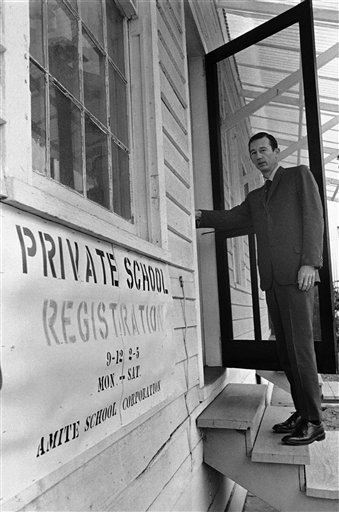occupied
Diamond Member
- Nov 8, 2011
- 36,705
- 17,194
- 1,590
Congress has made no law telling the social media companies to ban certain people. There is no 1st amendment argument that prevents the white house from doing anything. It does not apply to them.A government agency providing who the private social media companies should censor violates the freedom of speech of the the person using social media. If it was the company alone, no problem as they are not the government.



